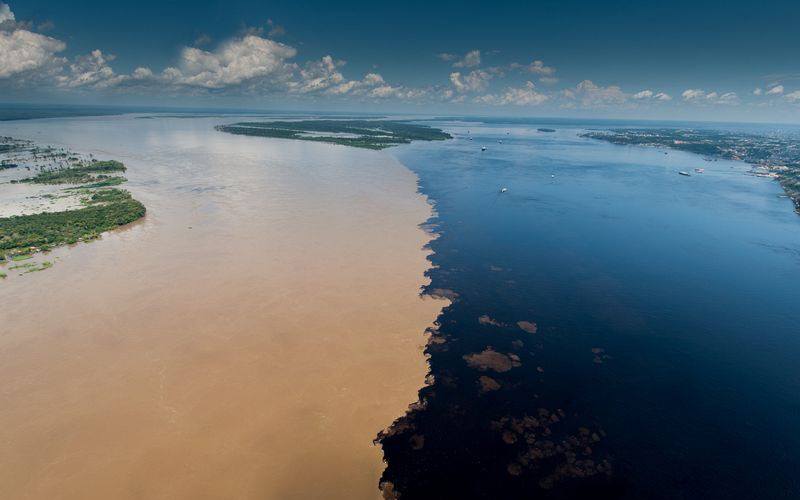Blame Altman on that one, from the article:
Altman once called OpenAI’s partnership with Microsoft “the best bromance in tech,”
Blame Altman on that one, from the article:
Altman once called OpenAI’s partnership with Microsoft “the best bromance in tech,”
I wouldn't doubt that LLMs got some special input to deal with the specific examples of this paper, or similar enough.
I wrote red soil, but more specifically, where I lived there was Terra Roxa (purple soil?), which seems to be a kind of red soil according to the English Wikipedia page: https://en.m.wikipedia.org/wiki/Terra_roxa
And it is the prevalent soil on the north of the state of Paraná, regarded as Brazil's agricultural barn: https://en.m.wikipedia.org/wiki/Paran%C3%A1_(state)
So it does confuse me that the state's soil would be unfertile, as I grew up learning how good it was and surrounded by prosperous farms.
The Portuguese Wikipedia page does talk about it being fertile (no English translation): https://pt.m.wikipedia.org/wiki/Terra_roxa
So maybe it isn't a type of red soil in the end; or there are some types of red soil that are (very) fertile.
Brazilian here. Perfectly safe (color-wise; of course it can be polluted as hell despite its color, just like any other river).
Our ground/mud has a different color. Some areas on the south even have a red soil (very fertile, but makes everything about ground level look dirty very quickly): https://en.m.wikipedia.org/wiki/Red_soil
There's great variety of water colors even in the same area, just search for images "meeting of the waters Manaus":

Well, no upscaling yet, it seems: https://www.pcgamer.com/hardware/graphics-cards/amd-is-set-to-finally-join-nvidia-with-fsr-4-using-ai-to-power-frame-generation-though-no-word-on-upscaling-yet/
Now it sounds just like AI fluff to me.
I couldn't get a good understanding if AI will only be used for Frame Generation (which I'm not so enthusiastic about, with its latency and quality issues) or for upscaling too (that I'm quite a fan of).
Probably good to add a /s somewhere here.
I suspect people are down voting without checking the piece.
I know I would, but I saw it shared on Mastodon in a cheeky way first.
If you're interested in Lineage, just check their device page and filter for set top box:
Made me think this was the good news community.
I had it initially setup to run on Wi-Fi too, battery or charging.
Then I had my battery drain to 30-40% during afternoons, when I'm used to reaching evenings above 60%. Check app usage on settings: Syncthing.
Since I use it mostly for backing up photos, I found it better to enable it only when charging.
Just configure it to only run while plugged to the wall, so you're not surprised by the rare bug of it randomly turning your phone into a pocket warmer.
It being pixel art, I'd say it stretches very well. If you use nearest neighbor scaling, that is.